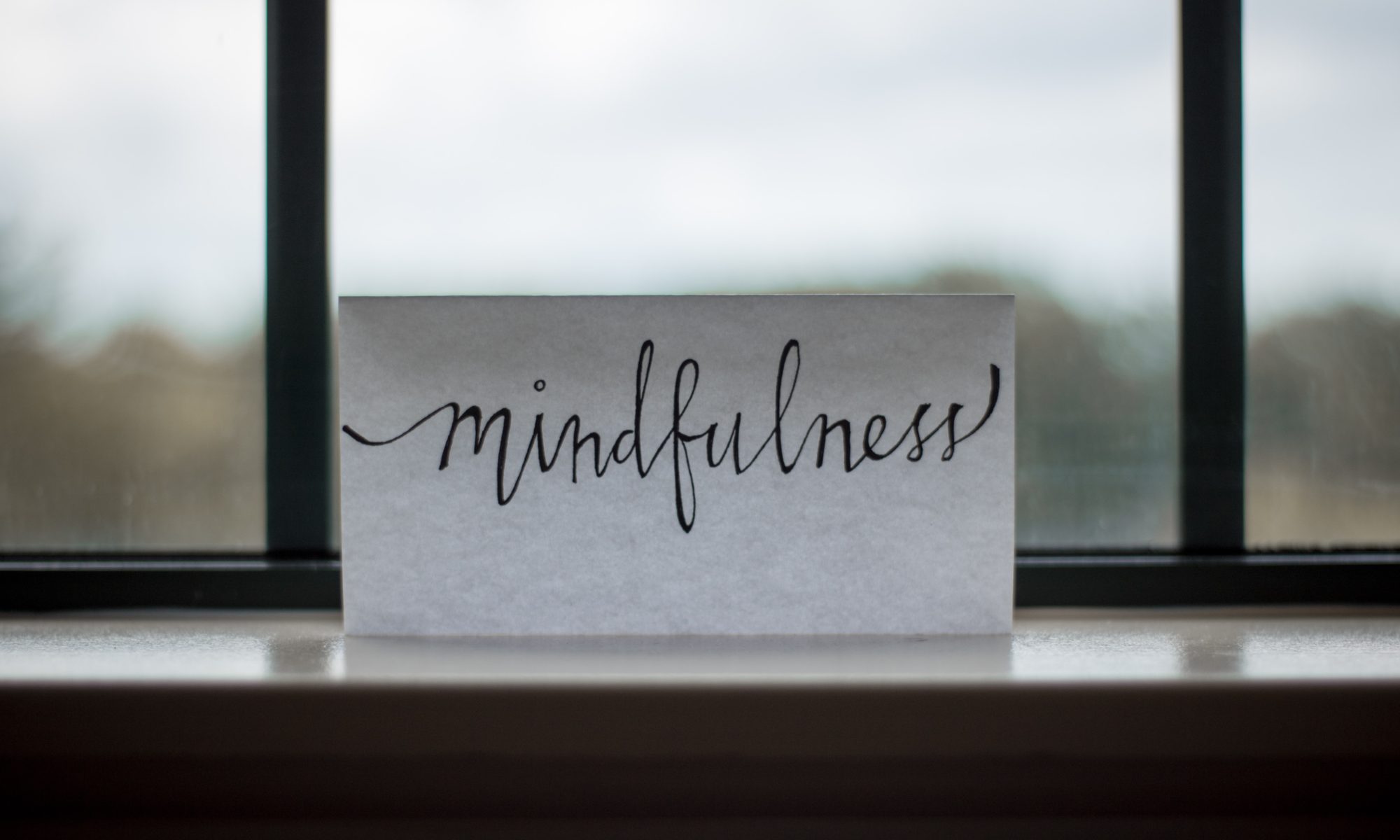My grandmother on my father’s side had various sayings. I was only fortunate to know her for a few years before she passed away, and now that I am 30 years the senior of that seven-year-old girl, I wish that I had the wisdom then to write some of them down. The one that I however do remember (mostly because my mother uses it a lot) is “give it a name”. This usually refers to one feeling better by just knowing what is causing the symptoms of illness.
Time and time again I find this to be true in my own life. Not only because I do not deal well with uncertainty or unpredictability, but because I can better deal with things when I know what it is that I am dealing with. Even if the news is bad, I would rather have it than not knowing.
In my entries, I have touched upon a long road that finally led to the right people who helped me towards my diagnosis of inner ear problems and vestibular issues and I remember that when my hearing loss was finally diagnosed that I went from disappointed in an irreversible change to relief in the fact that I now knew what was causing the various problems. Regarding the secondary vestibular issues and the rehabilitation that followed, this was something that could be addressed and fixed. And it would not have been possible if it wasn’t given a name.
As the structure of my life and everything in it changes, I find that I have to review the things that I track every now and again. For example, when I started my habbit tracker, I included my alcohol consumption there, and it was only then that I realised that upon occasion this triggered other problems, because I could actually see and compare these occurances. When I researched the various methods of habit tracking the following stuck with me: “you cannot manage what you do not measure”. Simply stated that things will not just go away if you ignore it.
In June I am trying to extend my mindfulness with a mood tracker. Mostly because I want to know why some days are worse than others. I am also trying to identify triggers. By simply acknowledging that on the days that I sleep in my day is upside down, I can manage that, and at least blame myself if this does happen.
I was reminded again today of the relief of finding something that works. I think a good example of this when someone has to try various combinations of anti depressants before they find the one that does the job. My hearing aid has a zen music programme. This is something that is on the list for research and will be discussed here in-depth at some stage, but for today I realised that it also works well to block out the everyday noise allowing me to focus on important work. I have now been wearing Bluebottle for a year, and have actually only truly appreciated this feature during the lockdown period, where I am working from home amidst the noise of the Lilliputians’ war cries and the Skype meetings of the Engineer. Being focused on an actual task and being able to tick things off the list systematically also helps to cancel out the “noise” of the guilty conscience, because the day was spent moving forward.
As I am writing this I am fully aware that not all things can be changed or fixed or addressed, but I do believe that a little bit of mindfulness allows me to manage them. Here are some ways:
- Avoid some triggers that cause anxiety
- Prioritising time to do things that I love
- Identifying the things that are productive but don’t feel like it
- Acknowledging that just because I skipped a week of blogging or a day of exercise does not mean that all the effort is now null and void.
- Plan… even if it just to make myself feel in control.
- Do not disregard or minimise the things that you feel by making it trivial, feelings are real, and we need to move through them not ignore them.
Five bad minutes in a day does not a bad day make.

